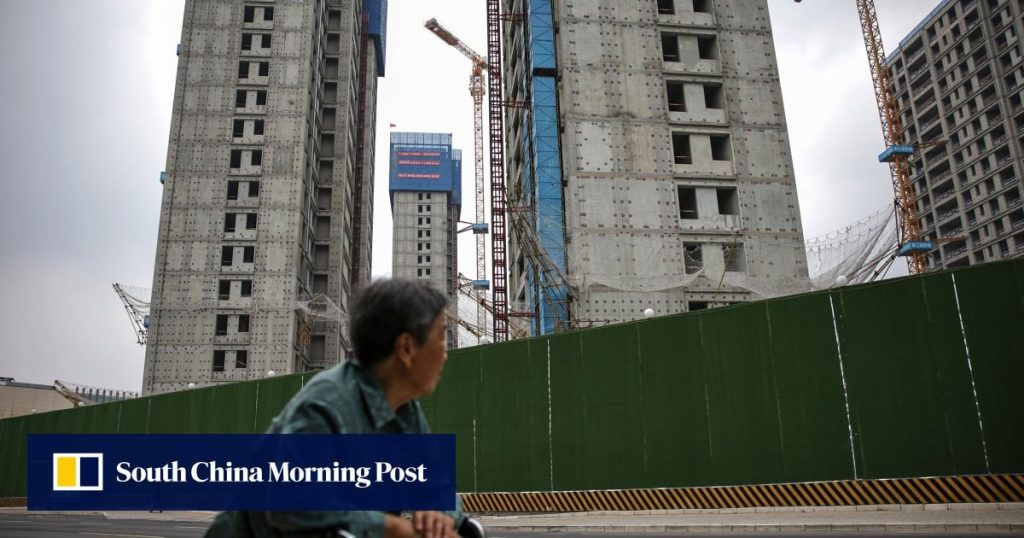Following 25 years of property growth, primarily focused on the residential segment, mainland developers are increasingly weaning off from building projects that would yield one-time profits, the US investment bank said in a report on Thursday.
The trend reflects how more developers were accelerating a change in business strategy, with a sharpened focus on recurring rental income and property management fees.
“The shift may alter the competitive landscape of developers, reshaping the industry’s long-term investment thesis,” equity analysts Stephen Cheung and Cara Zhu wrote in the report. “Developers are poised to benefit from this emerging long-term theme given their large rental portfolios, but still low participation in Reit issuance.”
Morgan Stanley estimated that annual urban private housing demand in China would soften to 15 million to 17 million units from 2024 to 2030, compared to demand of 18 million to 20 million units from 2016 to 2021.
In addition, annual primary home sales could trend down to 6 million units by 2035 – lower than the 8.8 million units in 2023 – and not as many as 14 million units from the 2016-2021 period.
Annual second-hand homes, meanwhile, could rise further from 8 million to 9 million units. That would increase this segment’s share of overall home sales to 60 per cent, from as low as 20 per cent from 2016 to 2021.


